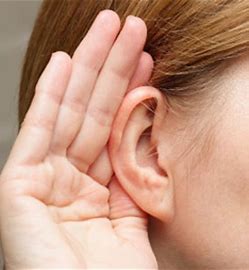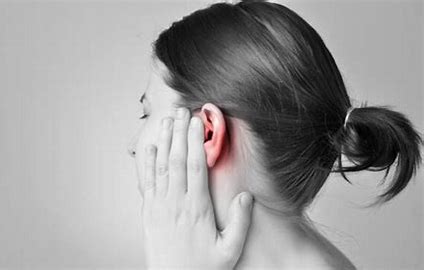Would you know if a sound is loud enough to damage your
hearing? Evidence shows that you could be ruining your hearing without even
knowing.
Most noise-induced hearing loss is not caused by a sudden
loud sound (although it can be) but by exposure to louder-than-recommended
noise over a long period of time. Because this type of hearing loss happens
gradually, many people don’t realise they are affected until it’s too late.

Who is at risk?
Workers in certain industries are known to be at risk for
hearing loss, which is why there is legislation in place for industries such as
manufacturing and construction. If you are in one of those industries, your
employer would have control measures to reduce the risk, and you must always
wear any PPE provided to protect your ears.
But it is not just workplaces that are potentially hazardous
to your hearing.
A report by the World Health Organization estimates that
nearly half of those aged between 12 and 35 – or 1.1 billion people – are at
risk of hearing loss due to prolonged exposure to loud sounds, including music
they listen to through personal audio devices.
We already live in a noisy world, but by listening to music
or watching videos using headphones, you can be amplifying the noise and
causing damage to your ears.
“People generally don’t know about safe listening levels,
and in a culture where headphones are everywhere, that’s dangerous,” says UK
audiology specialist Francesca Oliver. “If you have a particularly noisy commute
and turn the music up to hear it, try listening to it at that volume in a quiet
room. It’s painfully loud. So imagine what that’s doing to your ears.”

How loud is too loud?
Sound is measured in units called decibels (dB). Most
audiologists agree that sounds at or below 70dB (a dishwasher or shower for
example) are unlikely to cause hearing loss even after long exposure. The ‘safe
sound threshold’ is 80 to 85dB (kitchen blender, vacuum cleaner, or alarm
clock). After eight hours’ exposure to 85dB, your hearing can be damaged.
After that, each increment of 3dB doubles the pressure. A
hairdryer is a surprising 90dB, a nightclub or MP3 player at full blast is
around 100dB, while a rock concert is 110dB. The louder the sound, the shorter
the amount of time it takes for hearing damage to occur. If you know you are
heading to a loud environment, take some earplugs that filter loud sounds.